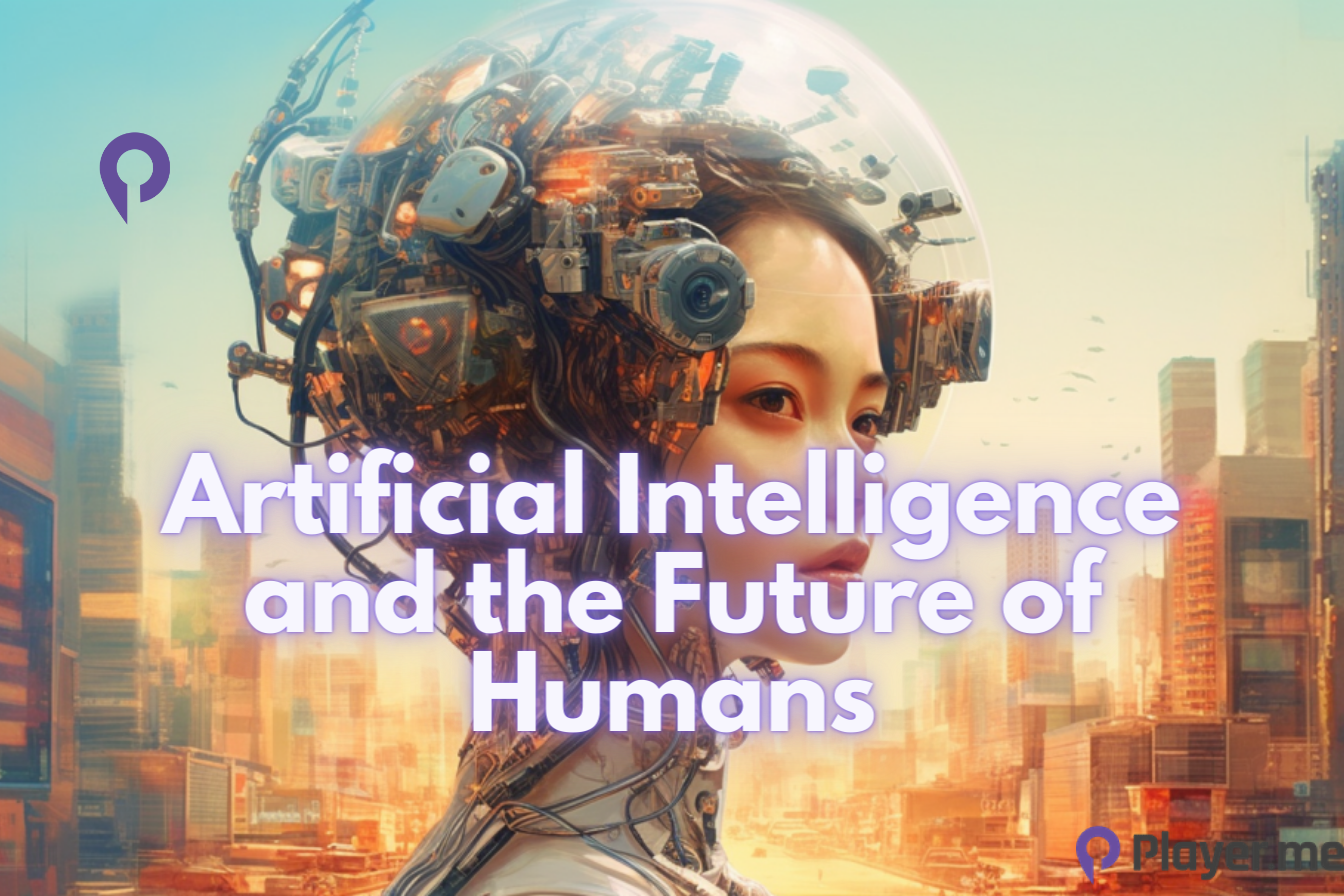The interplay between humanity and artificial intelligence (AI) has become an increasingly prominent topic in contemporary discourse. As machines become more adept at tasks traditionally associated with human intelligence, a profound question arises: Are we human or are we machines? This inquiry does not merely probe the technological capabilities of AI; it delves into cultural relativism, examining how different societies interpret and respond to the integration of machines into the human experience.
Historically, machines have symbolized human ingenuity, embodying the essence of progress and the pursuit of efficiency. From the earliest tools of our ancestors to the complex algorithms of modern AI, each advancement reflected societal values and beliefs. However, as we stand at the precipice of an era dominated by artificial intelligence, it is paramount to interrogate this dynamic—with particular emphasis on the cultural lenses through which we view these technologies.
Cultural relativism posits that beliefs and practices must be understood within their cultural contexts. In the case of AI, different societies exhibit varying degrees of acceptance and apprehension. For instance, in Western cultures, the narrative surrounding AI often oscillates between utopian visions of productivity and dystopian fears of obsolescence. This duality elucidates underlying anxieties about identity and purpose, illuminating a broader existential dilemma: the fear of replacement.
Conversely, in Eastern cultures, particularly in countries like Japan and South Korea, there is an increasing acceptance and integration of AI technologies into daily life. The concept of “kawaii,” or charm, is often ascribed to robots in these societies, fostering a sense of companionship rather than competition. Here, machines are not merely tools; they are anthropomorphized entities that enhance the human experience, serving as companions rather than threats. This juxtaposition highlights how cultural contexts shape perceptions of technology and humanity.
Scrutinizing the fascination surrounding AI unveils deeper psychological and sociological currents. As machines exhibit behaviors that mirror human cognition, it catalyzes an unsettling introspection. Do we define ourselves by our capacity for emotion, creativity, and ethical reasoning—qualities that, at least for now, remain elusive for machines? The more machines resemble us, the more we are compelled to delineate the boundaries of our humanity.
This existential inquiry is also reflected in the arts and literature, where narratives often grapple with the nature of personhood. Consider the works of Isaac Asimov or Philip K. Dick, wherein the line between human and machine blurs to provoke thought about consciousness, morality, and existence. Such literary explorations engage with cultural narratives that shape our ethics in response to evolving technology. They suggest that the question of whether we are human or machines transcends mere definition; it becomes a canvas for exploring our values and aspirations.
Moreover, the implications of AI on workforce dynamics further complicate the human-machine dichotomy. In cultures that place a high value on work as a source of identity, the rise of automation evokes existential queries about self-worth and professional satisfaction. The transition to AI-driven economies propels individuals to reassess their roles in a world where machines can outperform humans in efficiency and accuracy. This shift is not merely economic; it reverberates through cultural identities and social structures, prompting new narratives about purpose in the machine age.
Yet, amid these concerns, the potential for AI to enrich human life cannot be overlooked. The amplification of human capabilities through technology offers transformative possibilities in fields such as healthcare, education, and environmental stewardship. When viewed through a lens of cultural relativism, the collaborative potential between humans and machines becomes evident. Societies that harness this synergy may find innovative solutions to perennial challenges, fostering resilience and adaptability in an increasingly complex world.
As cultures navigate the burgeoning capabilities of AI, ethical considerations take center stage. The call for responsible AI—a movement advocating for technologies that respect human dignity and promote equity—underscores the necessity of cultural insights in guiding technological development. By integrating diverse perspectives, societies can mitigate the risks associated with AI while maximizing its benefits. This is not merely a technical task; it requires a collective engagement with moral philosophy, social justice, and cultural stewardship.
In conclusion, the inquiry into whether we are human or machines invites a rich tapestry of reflections shaped by cultural relativism. As AI continues to penetrate the fabric of daily life, societies must grapple with their perceptions of identity, purpose, and ethics. This dialogue is not solely about technology; it is a profound exploration of what it means to be human in an age that increasingly blurs the lines between the organic and the artificial. Ultimately, the future of AI transcends algorithms and data—emphasizing the enduring capacity for human agency, creativity, and connection in a world where machines and humans coalesce.
